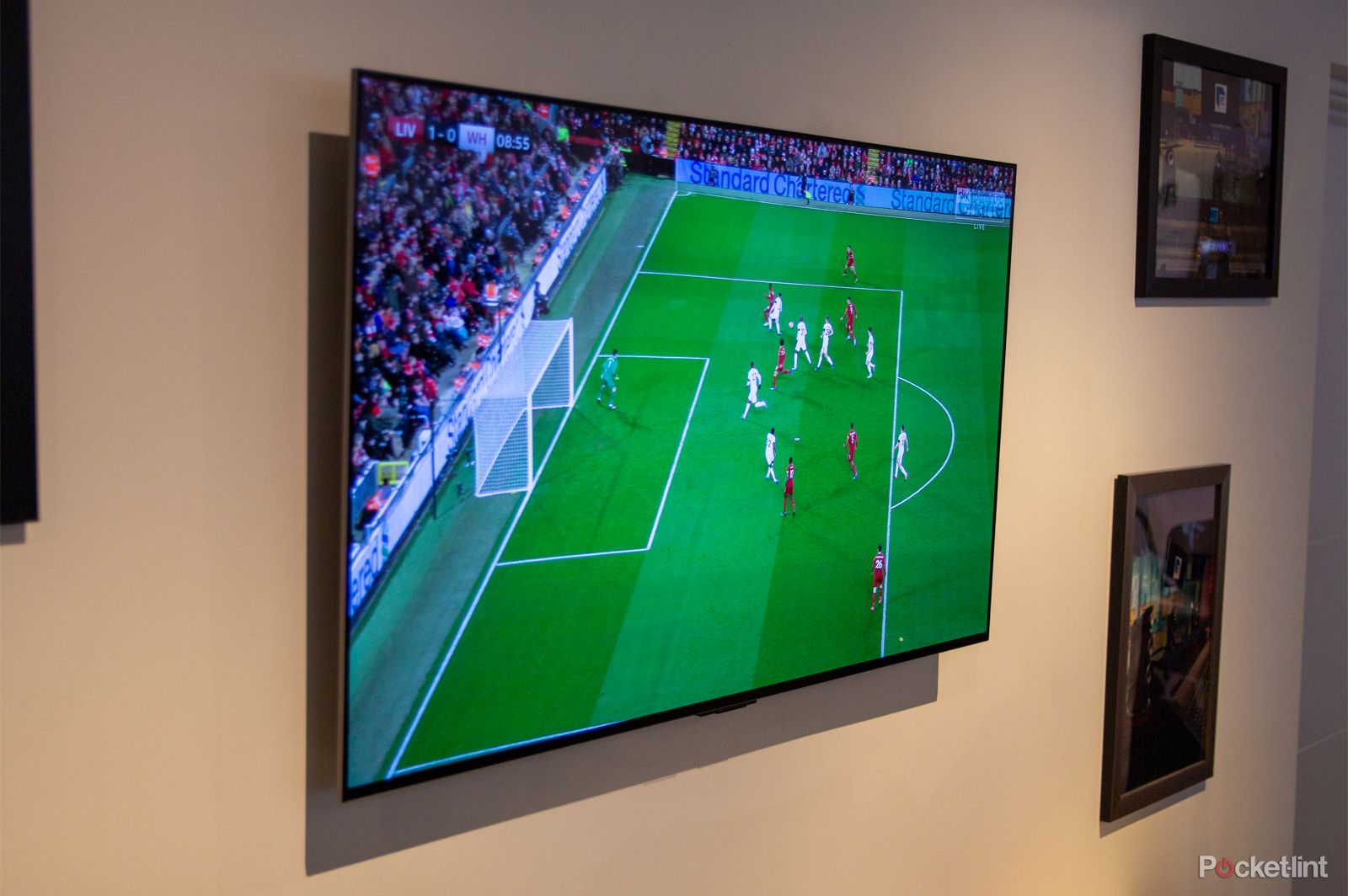There are a whole heap of smart TV options out there on the market now - after years in which the technology has become completely widespread around the world.
It's now a fairly safe bet that most TVs you might look into buying will be smart TVs, so we've got a guide here for you to establish just what that means and what you can expect from them.
What is a smart TV?
The difference between a smart TV and a regular (or, moreso, an old) TV is a fairly simple one - an internet connection.
This connection and an operating system on the TV generally let you access streaming apps and other services without needing any additional hardware.
Of course, smart TVs can also function as regular TVs, so you can plug in your games consoles and set-top boxes to them, as well as using an aerial or satellite dish to get live TV.
How do smart TVs work?
Because of that fact above, it's all about the internet connection for a smart TV - when you set up a smart TV, you'll want to get it connected.
Many will have an ethernet port on the back for a simple wired connection, but you can also use Wi-Fi in many cases.
All of this is managed by the TV's OS (operating system) - something that will be designed by the company making the TV, or used by it if it's a templated like Android TV or Fire TV.
Once you're set up, you'll be able to access and install apps such as Netflix and Prime Video. However, the availability of apps will be down to your model and TV software. This means we highly advise that you check what apps are available before you commit to a TV purchase.
Also, on older TVs you may find that streaming companies stop updating their apps to support newer hardware or software - this is also a reason to double-check app support from your favourite options before you make a purchase.
Do I need a smart TV?
Whether you actually need a smart TV is an interesting question - even though they seem like essential, basic bits of kit at this point.
The reality is that you may well already own some hardware that lets you use all the features that a smart TV would otherwise unlock - including streaming apps and more.
So, if you're already the proud owner of something like the PlayStation 5 or an Amazon Fire Stick then you might not need a TV that can do all that again.
Equally, a smart TV can be even more painless than those options - offering you a one-remote solution that's quicker and easier than an external addition.
Ultimately, since most good TVs nowadays are smart TVs by default, it's a little bit of a moot point - we wouldn't advise you to get a TV that doesn't offer at least some smart TV functionality, in short.

